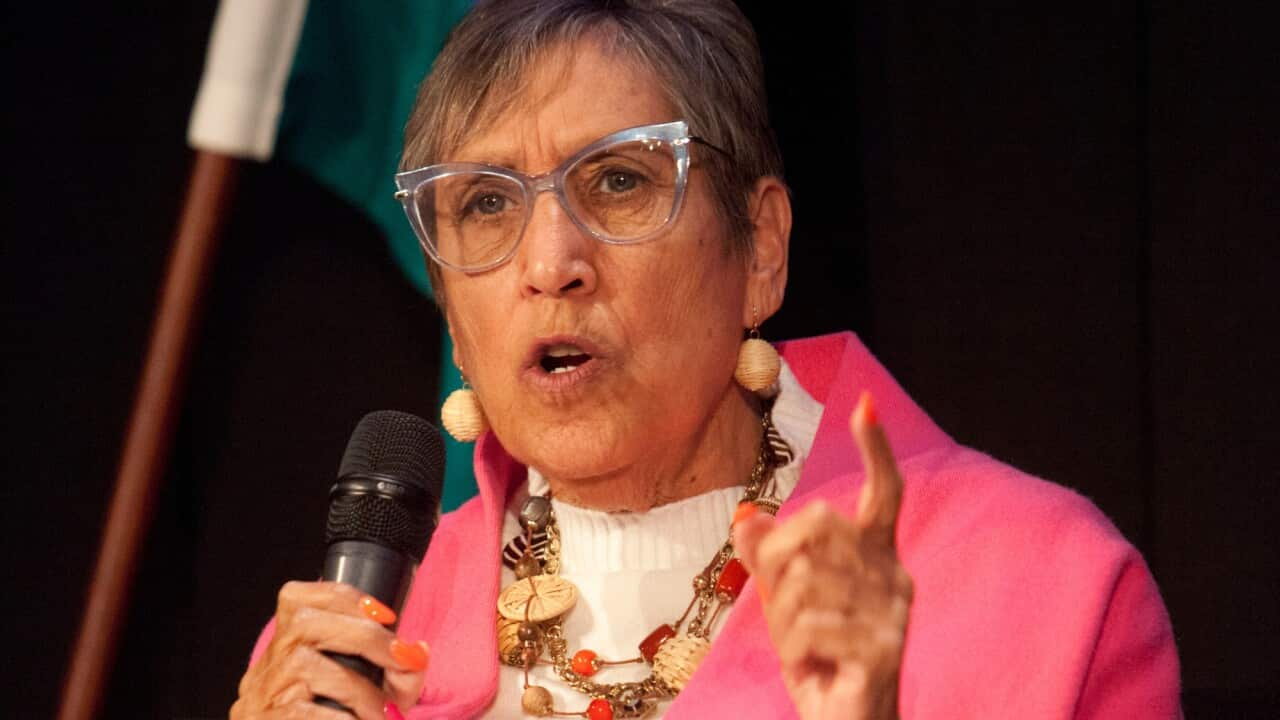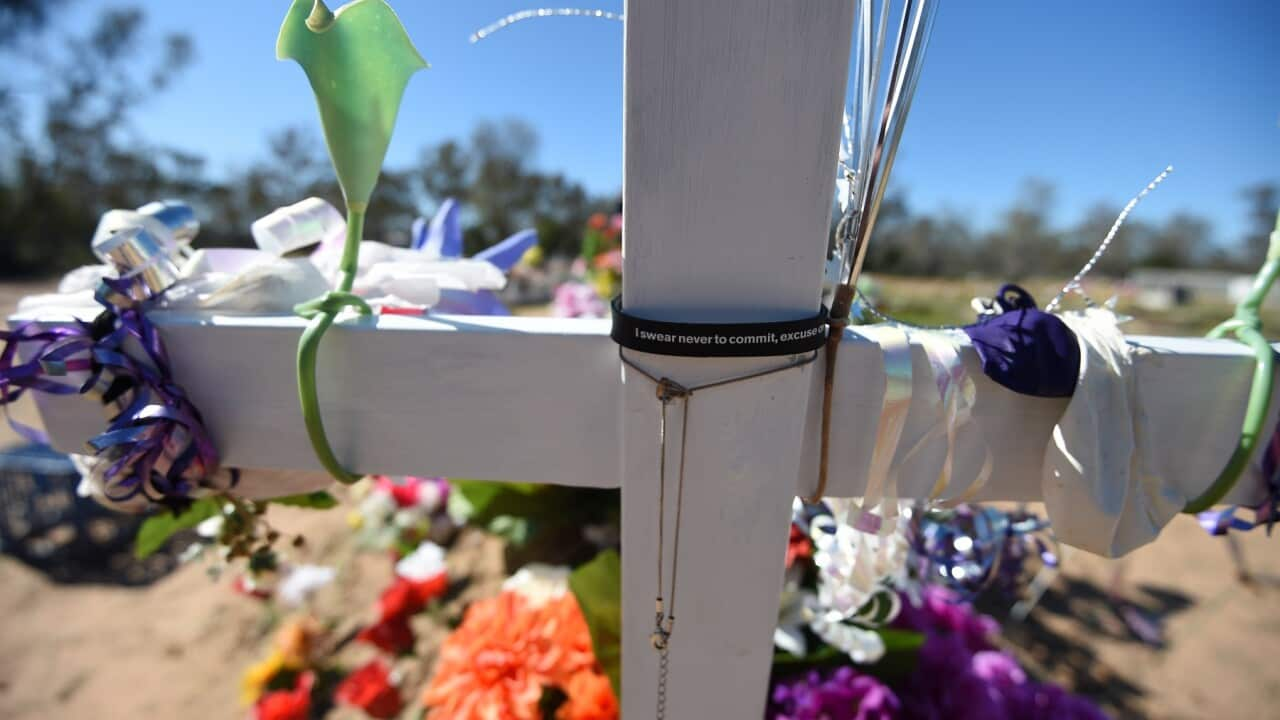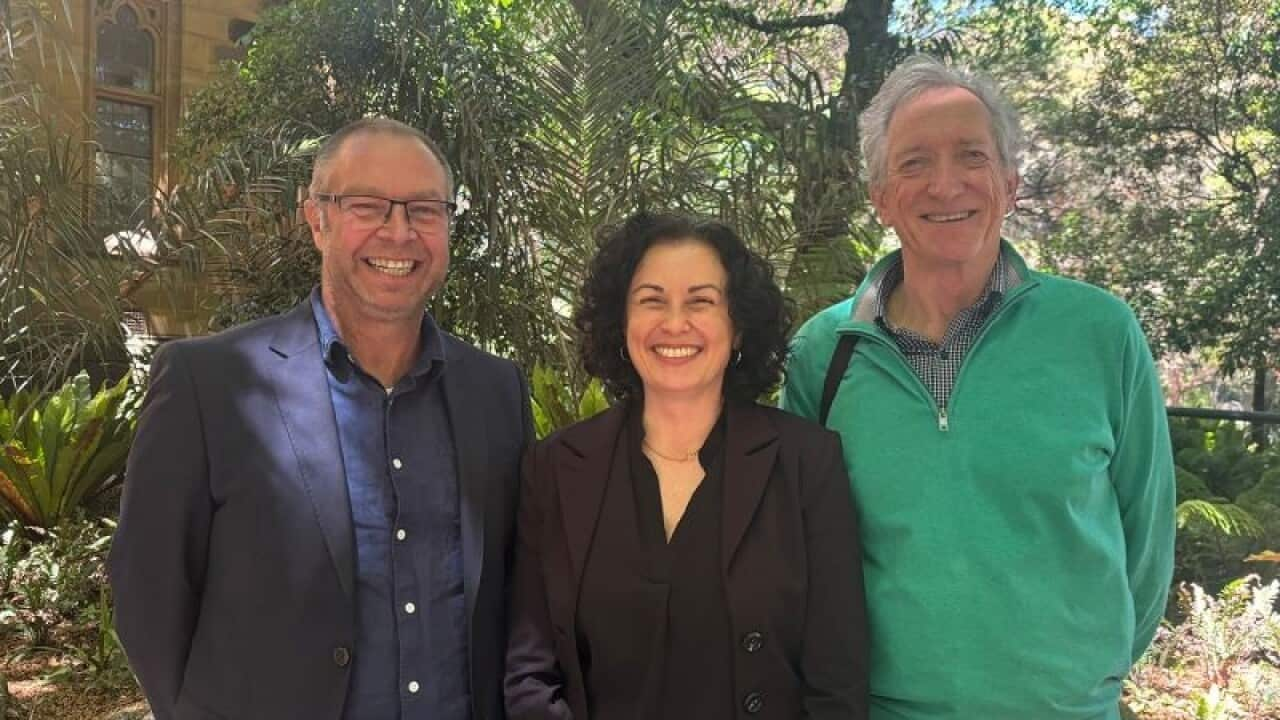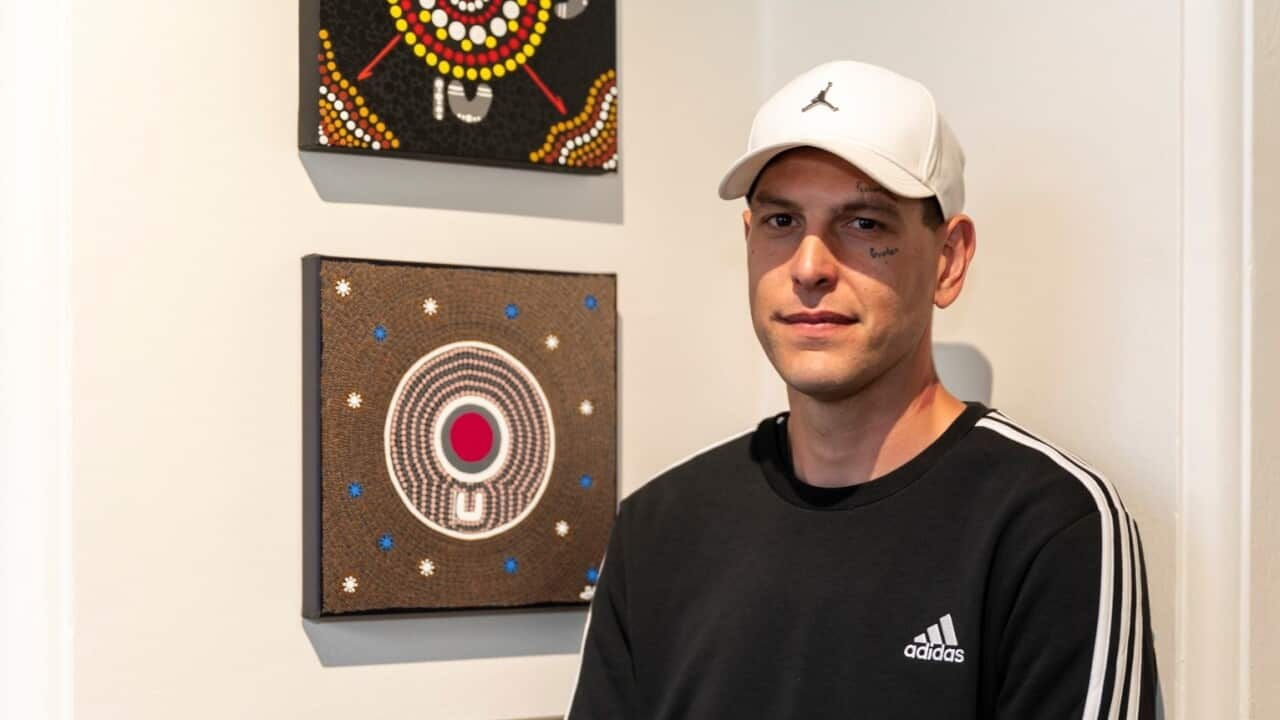TRANSCRIPT
Under government policies in place from the 1910s until the 1970s, Aboriginal and Torres Strait Islander children were forcibly removed from their families.
These children became known as the Stolen Generations.
Evidence of the historical and ongoing impacts were extensively documented in a landmark report tabled in parliament in 1997 called Bringing Them Home.
It is estimated the forcible removal affected anywhere from 1 in 10 to 1 in 3 First Nations children. There is not a single Aboriginal Torres Strait Islander community that has not been forever changed.
In the years since the report was tabled in parliament on 26 May, an annual National Sorry Day is held to remember and recognise what happened.
Eastern Arrernte woman Dr Jennifer Caruso was taken as a child from her family - she went on to become an academic on Aboriginal cultures and histories.
She says the impacts on Stolen Generations survivors runs deep.
"I knew nothing about it. I was still in the process of being very effectively assimilated. I knew that this was a document that was talking about me, and that somewhere in there I, who had not had a conversation with an Aboriginal person from the age of five, was going to find myself a family and a relationship within this document."
Dr Caruso was one of a number who spoke at a forum in Canberra (22 May) about the 'The Unfinished Business” of the Bringing Them Home report.
A milestone in the truth-telling process, the report concluded the government policies of forcible removal were "a gross violation" of the human rights of Indigenous children.
It also said the forcible removal was "an act of genocide contrary to the Convention on Genocide ratified by Australia in 1949".
The report also outlined 54 recommendations aimed at healing and reconciliation, including the provision of reparations and improved services for Stolen Generation members.
So since 1997, how many of those recommendations have been met?
Not nearly enough, according to Yawuru man Peter Yu whose grandmother was a member of the Stolen Generations.
The First Nations Vice-President at the Australian National University says it is an appalling failure.
"Federal and state governments have failed in their response to the Bringing Them Home report, despite minimal progress. In some areas, there has never been a collaborative or systematic attempt to address the recommendations the report made. Most have never been implemented. It's an interesting period because at that time there was a number of fairly critical reports that really has an impact on us today. The Bringing Them Home report (then) there was of course the Royal Commission into Aboriginal Deaths in Custody, but of course, none of them have progressed to any substance or any real meaning."
The Healing Foundation and The Australian National University's First Nations Portfolio organised the forum.
A major theme is the growing urgency of outstanding recommendations, with many ageing Stolen Generations survivors still unable access to a full and fair redress scheme.
Yawuru woman Shannan Dodson, the CEO of the Healing Foundation, says the redress schemes in place are insufficient to address the needs of survivors.
"For nationally consistent, fair, and equitable redress for Stolen Generation survivors, and that's all survivors across the country. We have had redress schemes and we do have redress schemes open currently. But not all survivors have had access to those redress schemes, and we haven't seen schemes in WA and Queensland. Tailored trauma-informed services to meet the unique aged care health, mental health, disability, and housing needs of aging Stolen Generation survivors, and nationally consistent access to historical and contemporary records, including birth deaths and marriages for Stolen Generation survivors and their families."
The most recent data available suggests there are more than 30,000 Stolen Generations survivors, all of whom were aged 50 and over in 2022.
Survivors and their families face additional disadvantage arising from removal compared to Aboriginal and Torres Strait Islander peoples of the same age who did not directly experience removal.
Professor Peter Yu says its essential to remember the ongoing suffering experienced by Indigenous Australians.
"I don't believe there's one Aboriginal family in Australia that is either directly or indirectly connected to the Stolen Generation. So it shows you the very deliberate and pervasive policies at that time to eliminate us off the face of the earth. And I think we have to think about these in very brutal terms; because history has a way of diminishing the nature of the emotion, of not acknowledging the human suffering and the emotional suffering and the impact that it has. We know the hurts and we know the continuing levels of suicide as a result of the manifestation of the intergenerational trauma."













